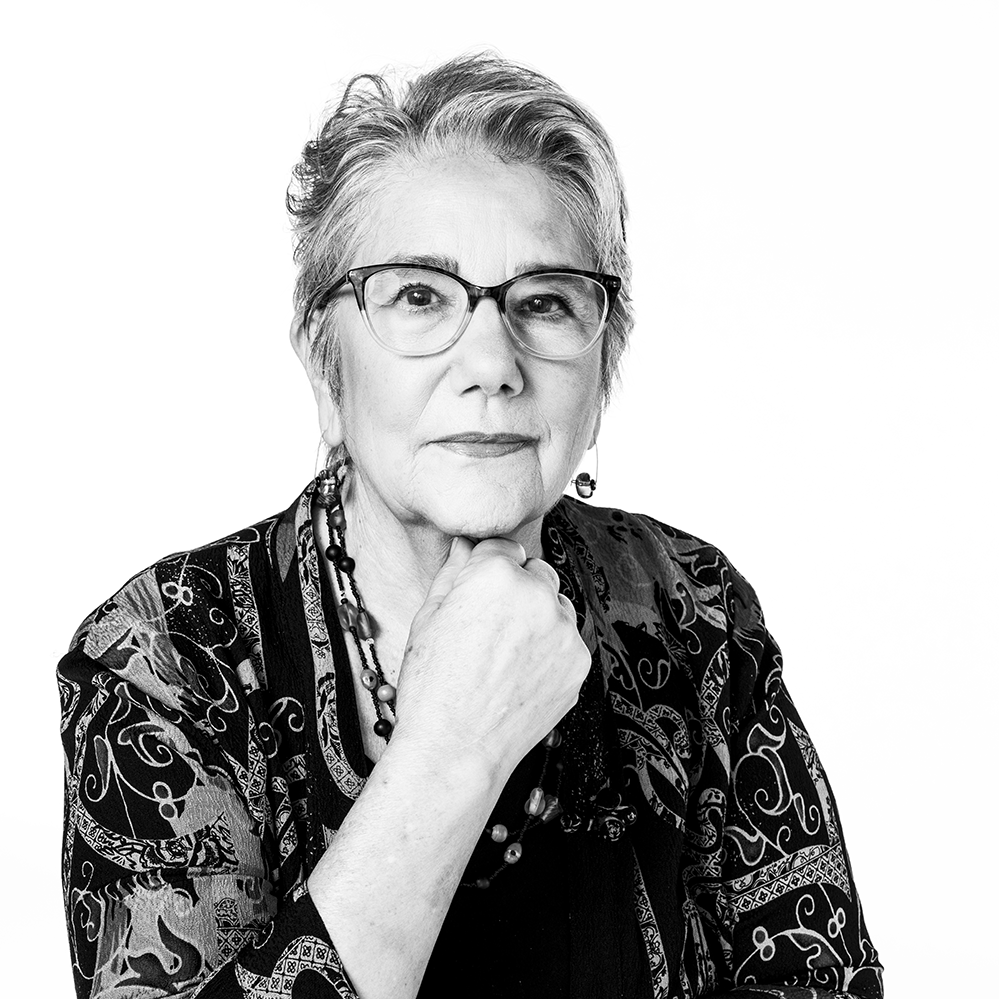FEBRUARY 2016: February’s Intactivist of the Month is Alexandre Rotta, MD, FCCM. Dr. Rotta is Chief of the Division of Pediatric Critical Care and the Linsalata Family Chair in Pediatric Critical Care and Emergency Medicine at University Hospitals Rainbow Babies & Children’s Hospital, in Cleveland, Ohio. He also is a Professor of Pediatrics at Case Western Reserve University School of Medicine.
A native of Brazil, Dr. Rotta earned his undergraduate degree in chemistry from Colégio Farroupilha, Porto Alegre, Brazil, and his doctorate in medicine from Universidade Federal do Rio Grande do Sul School of Medicine, also in Porto Alegre. He completed a residency in pediatrics at Children’s Hospital of Michigan in Detroit, and a fellowship in pediatric critical care at The Children’s Hospital of Buffalo, in Buffalo, New York. He has authored more than two dozen textbook chapters and nearly 150 papers and abstracts in peer-reviewed journals.
Dr. Rotta is board certified in pediatrics and pediatric critical care. His special interests include cardiac critical care, mechanical ventilation and acute lung injury. He is a Fellow of the Society of Critical Care Medicine and a member of the Pediatric Cardiac Intensive Care Society and the American Association for Respiratory Care.
Dr. Rotta was first exposed to infant circumcision during in his pediatric training in Michigan. “Back then, it was an optional activity,” he says. Once I saw [a circumcision] being done, I realized that, number one, I was never going to do that to a human being and, number two, that if I had the option to never be involved in one again, I would take that option.” (Dr. Rotta talks about his evolution on the subject of circumcision in this webinar, recorded in January 2016 by Amy Wright Glenn.)
But as his career progressed, circumcision “went to the back-burner” of his medical knowledge, “until many years later when… we started seeing babies that would come into the emergency department or the intensive care unit needing critical care following a circumcision.”
Even then, his awareness was limited by a “state of detachment” about the procedure that he describes as common among physicians in general and, as in Dr. Rotta’s case, in critical care: “Even when you’re exposed to severe forms of injury to children…, it is very difficult for many intellectually-sophisticated people in the medical field to look back and [see] the very simple truth staring you in the face, which is: ‘this should not have happened’.
“[Y]ou just go into ‘lifesaving’ mode; you do the things you need to do to save that child’s life and you don’t give a second thought as to what caused it, how [you got] into that predicament in the first place, and what could have completely prevented that from happening, which is to just not do genital cutting….”
It was not until 2014, after 24 years of practice, that his consciousness about infant circumcision changed. While attending the annual convention of the American Academy of Pediatrics in San Diego, Dr. Rotta met Brother K and a group of other intactivists. “That was my epiphany on this subject. Up to that point, I was completely unaware that there was an organized movement to educate and fight against genital cutting. As I talked with them, I realized, ‘Oh my goodness. This is so simple and it’s been staring me in the face all along.'”
Months later, after 24 years of practice and in protest of the organization’s support for the routine circumcision of baby boys, Dr. Rotta renounced his membership (including his prominent editorial board participation) in the American Academy of Pediatrics. You can hear his explanation in this video by James Loewen.
Regarding Intact America, Dr. Rotta says, “I am thankful for the commitment and resolve of this professional organization that reaches tens of thousands of people every day with positive messages about the intact male body, and reasons that cutting babies is medically unnecessary, unethical and harmful.”
“There are few physicians of Dr. Alex Rotta’s stature who have taken such a public position against the routine genital cutting of children,” says Georganne Chapin, Intact America’s executive director. “When I first asked him if we could honor him as Intactivist of the Month, he declined, saying, ‘I read the distinguished roster of previous honorees from your archives and it is evident that my contributions pale in comparison. I don’t [yet] feel I have contributed enough to warrant this level of distinction… I will continue to work for the cause.'”
Thankfully, Georganne was able to persuade Dr. Rotta of the power of his voice. In subsequently agreeing to allow IA to feature him, he said, ‘If this helps bring more attention to the cause and make some of my colleagues more likely to speak out, let’s do it.'”
[sc name=”IOTM”]





